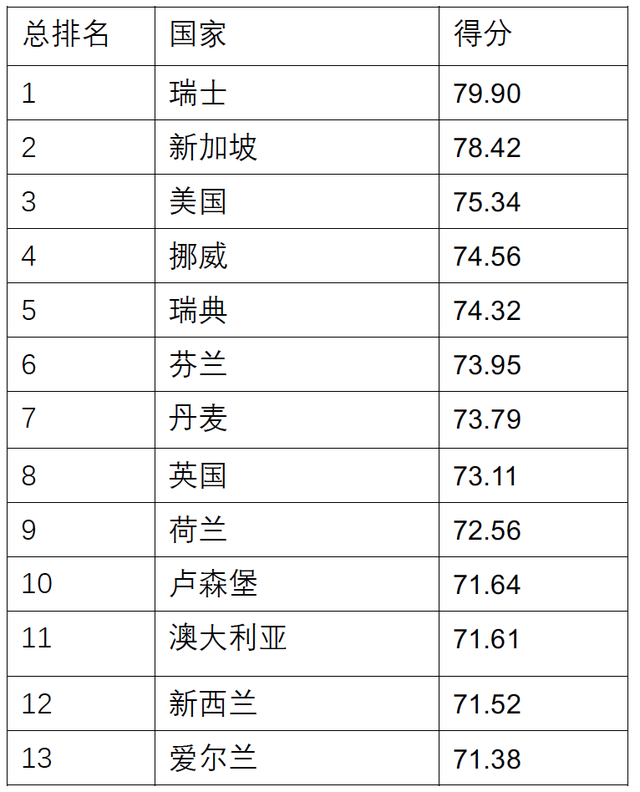东南亚的这一部门尽管其他地区增长放缓,但仍显示出增长

Four out of five countries in Southeast Asia showed a 3 per cent growth in sales of technical consumer goods in 2019, a study by analytics firm GfK Global showed, in sharp contrast to other regions in the world that reported a slowdown.
分析公司GfK Global的一项研究显示,2019年,东南亚五分之四的国家的技术消费品销售增长了3%,这与世界上其他地区报告增长放缓形成鲜明对比。
With the exception of Indonesia, where TCG sales revenue was flat, Malaysia, Thailand, Singapore and Vietnam all reported single-digit growth, helped by the home appliances and telecom sector, the study said.
研究称,在家用电器和电信行业的帮助下,除了TCG销售收入持平的印尼以外,马来西亚、泰国、新加坡和越南都出现了个位数的增长。
Smartphone sales - which largely makes up the telecoms sector - contributed to over half of the total revenue in Southeast Asia, the report said, indicating that there was still ample demand for innovative smartphone technology in the region.
报告称,主要构成电信行业的智能手机销售收入占东南亚总收入的一半以上,这表明该地区对创新智能手机技术的需求仍然充足。
“It is interesting to highlight that although a slight decline was seen in the global Telecoms market, the sector continued to grow in this region,” said Alexander Dehmel, associate director at GfK.
GfK副董事亚历山大·德梅尔(Alexander Dehmel)表示:“有趣的是,要强调的是,尽管全球电信市场出现了小幅下滑,但该行业在该地区继续增长。”
“Southeast Asia is one of the few regions worldwide where smartphone sales have not yet reached a plateau—a clear indication of consumers’ sustained interest in the device, driven by the continued innovation of manufacturers in an intensely competitive market,” he added.
“东南亚是全球为数不多的智能手机销售尚未达到平台期的地区之一-这清楚地表明,在一个竞争激烈的市场中,制造商的持续创新推动了消费者对该设备的持续兴趣,”他补充道。
This chart shows which sub-sectors grew, and by how much, in 2019.
这张图表显示了2019年哪些子部门增长了多少。
Under home appliances, small domestic appliances such as robotic vacuum cleaners, electric shavers, hair dryers, rice cookers, food processors, among others, showed a nearly 13 per cent growth, while sales of major domestic appliances such as washing machines and dishwashers rose 9 per cent.
在家用电器方面,机器人吸尘器、电动剃须刀、电吹风、电饭煲、食品加工机等小家电的销售额增长了近13%,而洗衣机和洗碗机等主要家电的销售额增长了9%。
GfK added it expects the home appliances sector to continue to grow by nearly 5 per cent in 2020, thanks to the U.S.-China trade spat finally settling down.
GfK补充说,由于美中贸易争端最终平息,预计家用电器行业在2020年将继续增长近5%。
“However, market performance will also be dependent on the severity of the coronavirus outbreak, and how the weather will pan out this year,” added Dehmel.
“然而,市场表现也将取决于冠状病毒爆发的严重程度,以及今年天气将如何发展,”Dehmel补充说。
Globally, GfK said it sees consumer spending in the technical consumer goods sector increasing by 2.5 per cent in 2020, to nearly 1.05 trillion euros (~$1.65 trillion), including the tech and durable goods markets.
GfK表示,在全球范围内,预计2020年技术消费品行业的消费者支出将增长2.5%,达到近1.05万亿欧元(约合1.65万亿美元),其中包括科技和耐用品市场。
The TCG sector includes consumer electronics, small and major domestic appliances, photos such as digital cameras, information technology such as laptops and tablets, and telecom, which includes smartphones.
TCG行业包括消费电子产品、小型和大型家用电器、数码相机等照片、笔记本电脑和平板电脑等信息技术,以及包括智能手机在内的电信。
Sales in the domestic appliances category were majorly boosted by air treatment products and air-conditioners, GfK said, with consumer demand heightening throughout the year across different markets.
GfK表示,家用电器类别的销售主要受到空气处理产品和空调的提振,不同市场的消费者需求全年都在增加。
“Air treatment was one of the hottest topics in 2019 with consumers purchasing products to make their lives healthier and more comfortable,” Dehmel said.
Dehmel说:“空气治疗是2019年最热门的话题之一,消费者购买产品以使他们的生活更健康和更舒适。”
Heatwaves, high levels of air pollution, haze and smog all added to demand in products that could clean and cool air in 2019, the study said.
研究称,热浪、高水平的空气污染、雾霾和雾霾都增加了对2019年净化和冷却空气的产品的需求。
A WHO report last year showed that children, in particular, were more vulnerable when exposed to polluted air, and risked contracting lifelong respiratory diseases such as asthma, pneumonia, bronchitis and decreased lung function, among others.
世卫组织去年的一份报告显示,尤其是儿童在接触污染空气时更容易受到伤害,并有可能感染终生呼吸系统疾病,如哮喘、肺炎、支气管炎和肺功能下降等。
In fact, the study stated that air pollution was the leading cause of hospitalisation among children worldwide, and especially in Southeast Asia.
事实上,这项研究表明,空气污染是全世界儿童住院的主要原因,特别是在东南亚。
More from Entrepreneur
来自企业家的更多信息
Latest on Entrepreneur
企业家最新消息





















评论